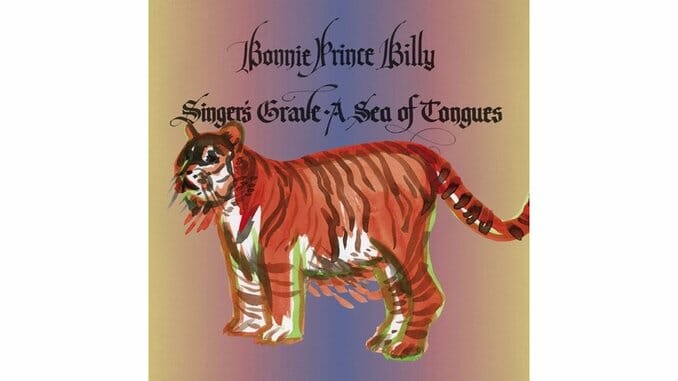Bonnie “Prince” Billy: Singer’s Grave a Sea of Tongues

In California, quail and dumplings isn’t a thing. When Will Oldham, recording here as Bonnie “Prince” Billy on his 11th full-length using the moniker, sings quite convincingly about this meal as the ideal, the hope, it doesn’t really matter if the listener has no connection to it. And isn’t that an indicator of some sort of greatness? When a songwriter can take an audience into a completely foreign world and make them, to some extent, empathize with the sentiment and feel the desired emotion as if they grew up entrenched in the same reality of the songwriter?
-

-

-

-

-

-

-

-

-

-

-

-

-

-

-

-

-

-

-

-

-

-

-

-

-

-

-

-

-

-

-

-

-

-

-

-

-

-

-

-








































